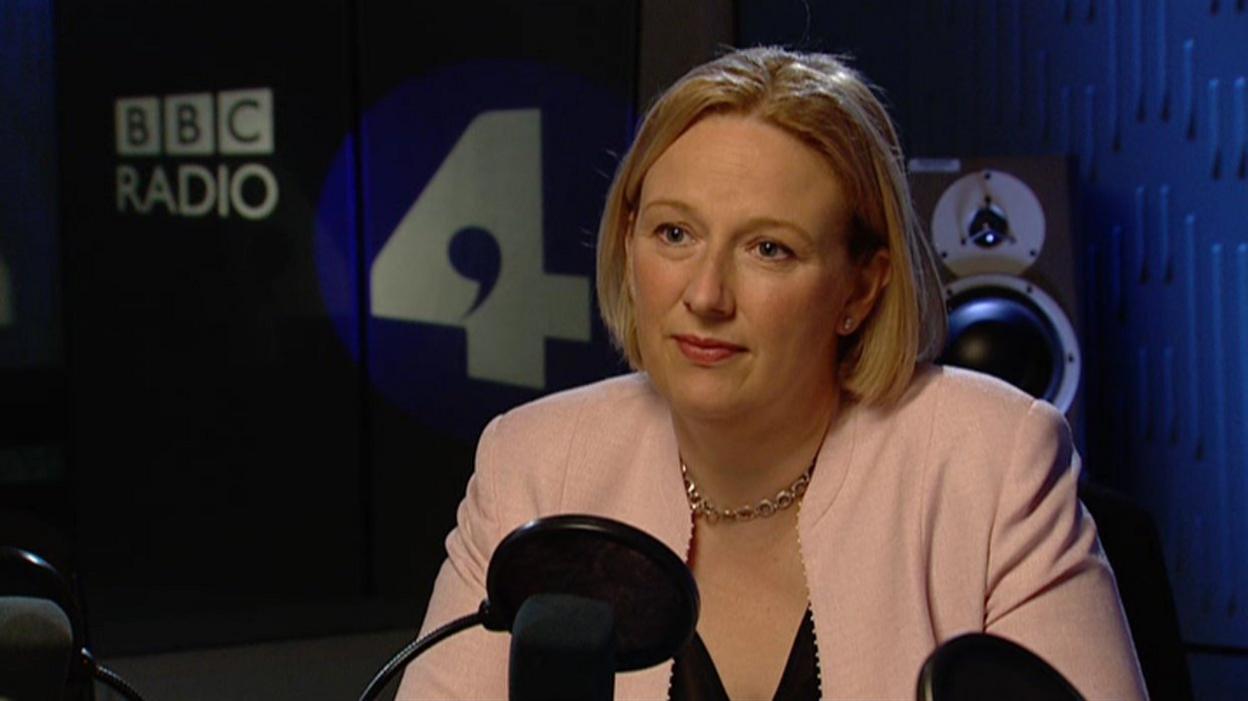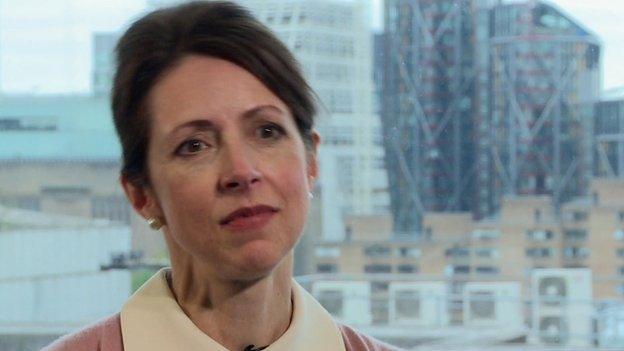Women in full-time jobs 'work for nothing' until 2016
- Published
- comments

Women in full-time employment will in effect work for nothing from now until 2016 because of the gender pay gap, according to a campaign group.
Official figures show men earn 14.2% more per hour than women.
Equal Pay Day marks the point in the year when the average woman in effect stops being paid compared with the average man.
This year, it is five days later than in 2014, indicating that the pay gap between men and women is narrowing.
However, at the current rate of progress it will take 50 years to close the gap, says the Fawcett Society, external, which campaigns to promote women's rights in the labour market.
"There has never been a better opportunity to close the pay gap for good. Progress has stalled in recent years but with real commitment for government and employers, together with action from women and men at work, we could speed up progress towards the day when we can consign it to history," said Sam Smethers, chief executive of the Fawcett Society.
"It is time to have the conversation and ask your employer if they are ready for the new pay gap reporting requirements," she said.
The group wants employers to promote flexible working arrangements and the government to invest more in childcare.
Meanwhile, a report for the trade union body, the TUC, said that the pay gap was even more marked among high earners.
Among the top 5% of earners, men tended to earn 45.9% more than women and among the top 2% the gap was 54.9%, the TUC said.
"It is shocking the UK still has such a large gender pay differences at the top of the labour market after more than four decades of equal pay and sex discrimination legislation," said Frances O'Grady, general secretary of the TUC.
"We need pay transparency, equal pay audits and a requirement on companies to tackle gender inequality - or face fines."
- Published4 November 2015

- Published29 October 2015

- Published11 February 2015

- Published17 January 2015